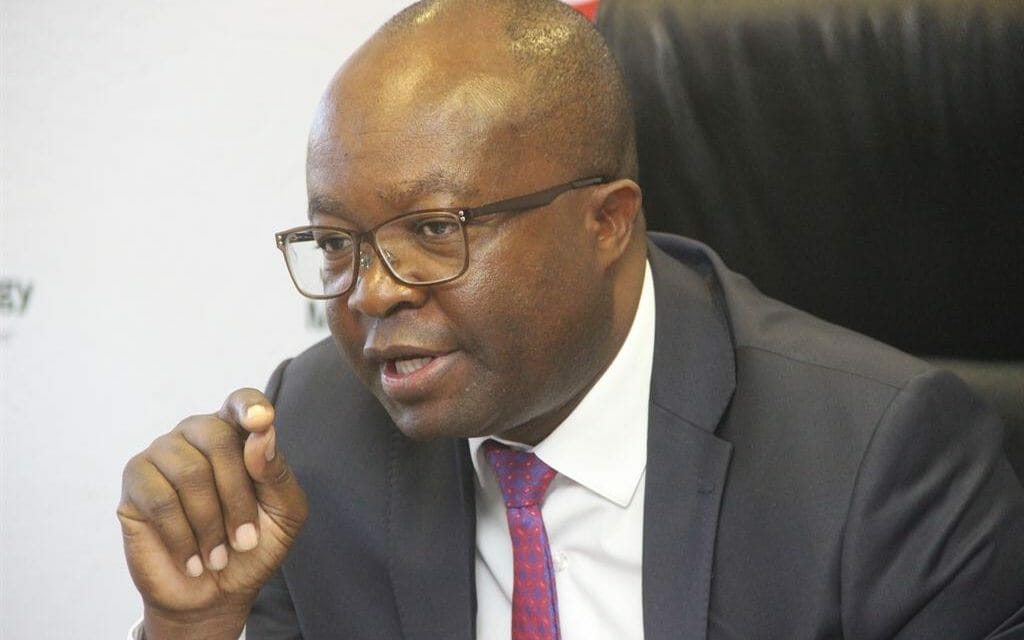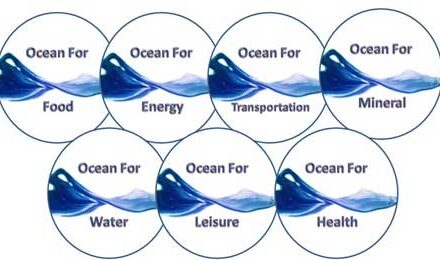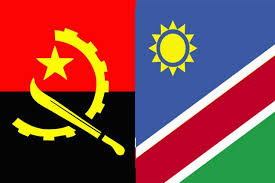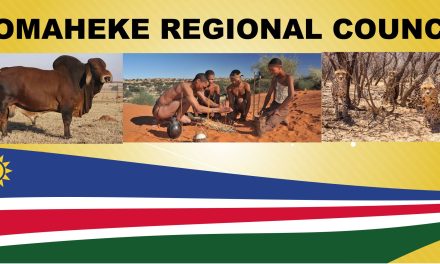
Fuel pump prices to increase next week

Motorists will have to fork out more for fuel following the announcement by the Ministry of Mines and Energy, with the increase expected to kick in on 6 December. at 00h01.
According to the announcement , around midnight, 95 Octane Unleaded Petrol will cost N$11.70 per litre, while Diesel (500ppm)m will be N$11.73 per litre and Diesel (50ppm) will cost N$11.78 per litre.
The Minister of Mines and Energy, Obeth Kandjoze said the hike is a result of the unfavourable exchange rate between the Namibia Dollar against the US Dollar.
“A heavy depreciation was recorded during the month of November, from an average of N$13.7 in October to a whopping N$14.10 in November. This means that oil companies have paid more in terms of the local currency in November compared to October, to bring fuel to our shores,” Kandjoze said.
It has been several months since OPEC, the largest oil cartel in the world, struck an agreement to cut the supply of oil in the global market in order to control the price at which a barrel is sold. This was after oil prices crumbled in 2016, making it difficult for participants in the market to earn substantial returns on their investment, thereby halting some exploration at least until the situation gets better for them.
Moreover, the situation has gotten better for investors in the oil market, and worse for price takers. Oil prices have begun surging at a faster pace than the ability of net oil importers to contain them.
“During the period under review, the average price for a refined barrel of oil was US$73 for both, petrol and diesel. This is US$5 higher than last month’s average of US$68 per barrel. This is a substantial increase within a short period of time and its impact on the price takers (oil-importing countries) is severe,” Kandjoze concluded.











































